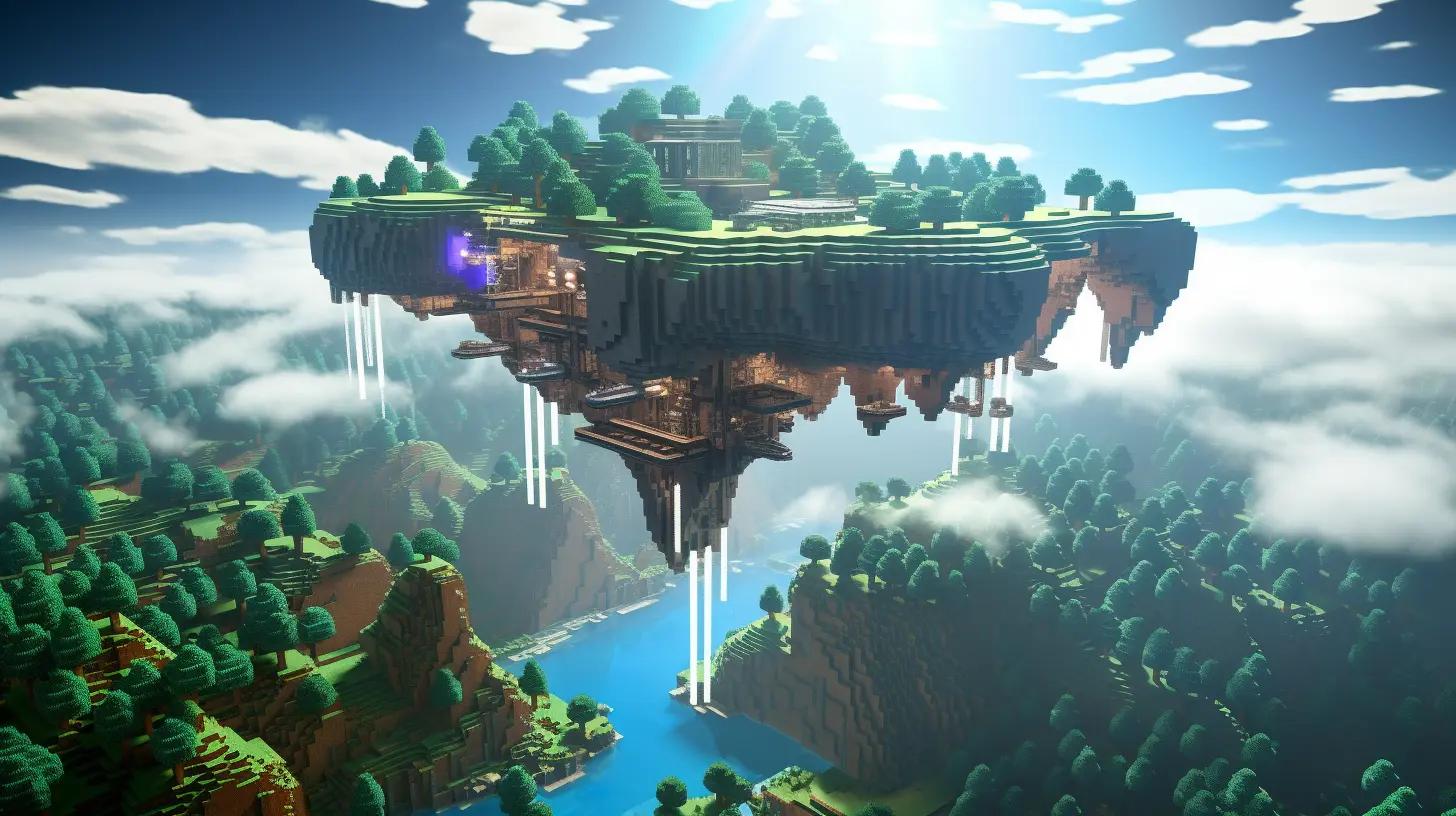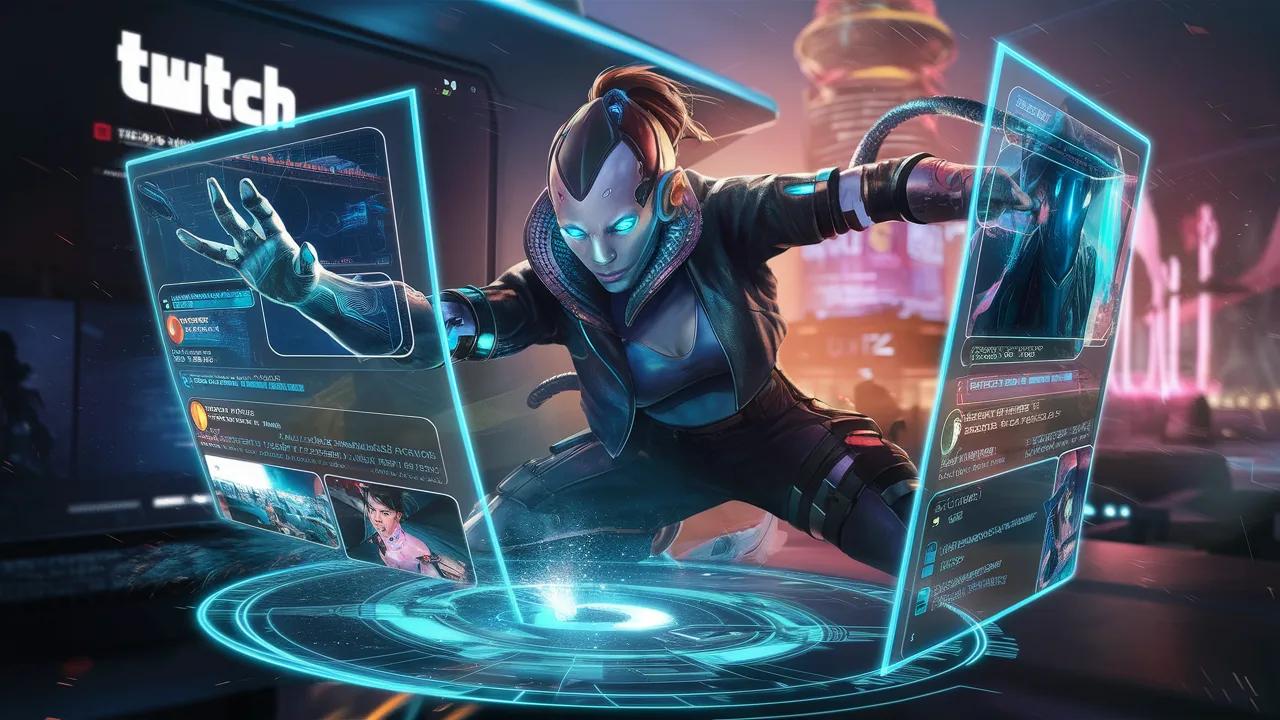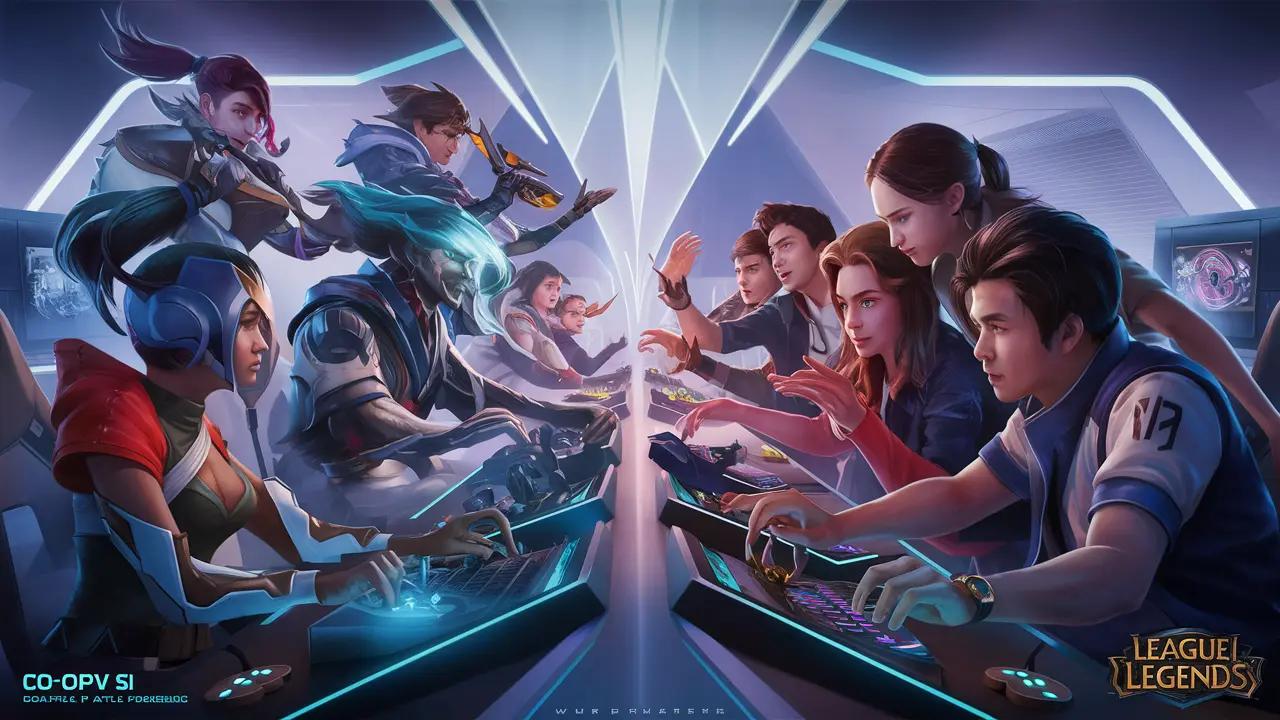May 20, 2024|4 min reading
The Impact of AI on Video Games: Revolutionizing the Gaming Experience

Artificial Intelligence (AI) has become a cornerstone of innovation in the video game industry. From enhancing the realism of non-player characters (NPCs) to dynamically generating entire game worlds, AI is fundamentally reshaping how games are developed and experienced.
Enhancing NPC Intelligence
One of the most prominent uses of AI in gaming is improving the behavior of NPCs. Advanced AI algorithms enable these characters to exhibit human-like decision-making and learning abilities. For example, in open-world games like The Witcher 3 and Red Dead Redemption 2, NPCs follow daily routines and respond dynamically to player actions, creating a more immersive and realistic environment.
Procedural Content Generation
AI has revolutionized content creation in video games through procedural generation techniques. Games like Minecraft and No Man’s Sky use AI to create vast, unique worlds, allowing players to explore endlessly without encountering the same environment twice. This not only enhances replayability but also reduces the workload on developers, who no longer need to manually design every aspect of the game world.
Personalized Gaming Experiences
AI's ability to analyze player behavior and preferences allows for highly personalized gaming experiences. By adjusting game difficulty in real-time based on a player's performance, AI ensures that games remain challenging and engaging for a wide range of skill levels. This adaptive approach can keep players more engaged and satisfied, enhancing their overall experience.
AI in Game Development and Testing
AI also plays a critical role in the development process. AI-driven tools can automate the generation of game code, reducing development time and minimizing errors. Additionally, AI-powered bots are used for game testing, efficiently identifying and reporting bugs and performance issues. This not only accelerates the development cycle but also ensures a higher quality product upon release.
The Future of AI in Gaming
Looking ahead, the integration of AI with emerging technologies like virtual reality (VR) promises even more immersive experiences. AI can populate VR worlds with intelligent entities, making these virtual realms more engaging and believable. Moreover, AI has the potential to assist in creative aspects such as level design, art creation, and music composition, opening new avenues for innovation in game development.
Ethical Considerations and Challenges
Despite its many benefits, the use of AI in gaming raises important ethical considerations. Issues such as player data privacy, algorithmic biases, and the ownership of AI-generated content need to be carefully managed. Developers must establish clear guidelines and policies to navigate these challenges responsibly.
Conclusion
AI is transforming the video game industry, offering unprecedented opportunities for innovation and creativity. By enhancing NPC intelligence, generating dynamic content, and personalizing player experiences, AI is paving the way for a new era of gaming. As technology continues to advance, the synergy between AI and video games will undoubtedly lead to richer, more immersive, and personalized gaming experiences.
Explore more

Voyager: Unleashing New Frontiers in AI with Large Language Models
Discover Voyager, an open-ended embodied agent powered by large language models, revolutionizing AI with continuous lear...

Enhance Your Twitch Clips with AI: A Step-by-Step Guide
Discover how to create and edit Twitch clips using AI tools like Fusion Clips AI and Cap Cut. Learn the step-by-step pro...

AI Revolution in League of Legends: Enhancing Co-op vs AI Mode
Discover the latest updates to League of Legends' Co-op vs AI mode, featuring advanced bot AI designed to provide a more...
